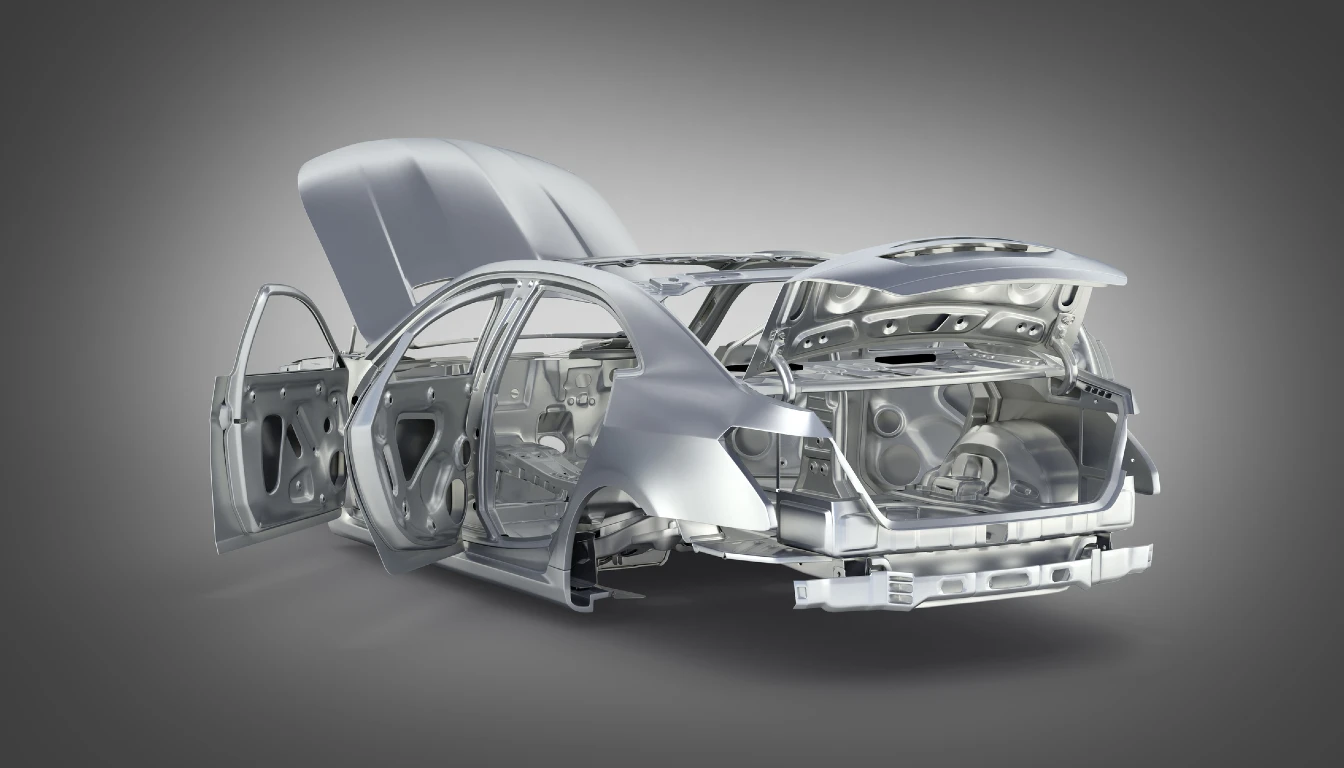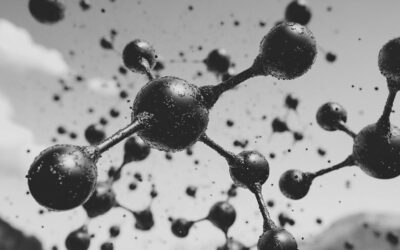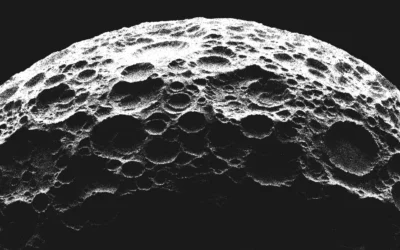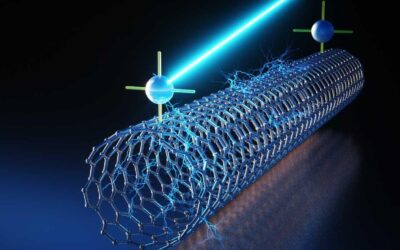A UK-led initiative is aiming to shake up vehicle manufacturing by combining high-tech casting methods with fully recycled aluminium. It could cut carbon emissions by up to 95%.
The PIVOT Project, led by Sarginsons Industries Ltd, brings together big names like Aston Martin, Brunel University London, Altair, and recycling specialist GESCRAP. With backing from Innovate UK and the Advanced Propulsion Centre, the team is working on a new way to make car parts that are lighter, stronger, and much greener.
At the heart of the project is a plan to ditch conventional casting methods in favour of something much cleaner. Using cutting-edge sand binder jetting from voxeljet, the team is replacing traditional organic binders, which release harmful VOCs, with inorganic ones. The result is a casting process that is far better for the environment.
Sarginsons and voxeljet are testing the tech through a Beta Program using the VX1000-S IOB printer. The goal is to build a more efficient process that produces complex, high-precision aluminium parts without the pollution. It is a major step forward in cleaning up an industry that has long been energy-intensive and waste-heavy.
Meanwhile, researchers at Brunel University London are tackling one of the trickiest issues with recycled aluminium: its inconsistent quality. They are focusing on ways to improve strength and durability by refining the grain structure of metal contaminated by iron and oxides. Their work is key to making 100% recycled aluminium strong enough for high-performance vehicles.
Later phases of the project will push even further. Expect 3D-printed designs with complex shapes, smarter tooling that handles heat better, and components that can adapt to stress. All of this points to lighter, tougher car parts made with minimal environmental impact.
Altair is providing the AI muscle behind the designs. Its simulation tools use machine learning and generative design to cut waste and optimise performance. “This collaboration demonstrates how AI-powered engineering is reshaping vehicle manufacturing,” said Sam Mahalingam, Altair’s CTO. “By combining AI, recycled materials, and advanced casting, we are paving the way for a more sustainable automotive future.”
The potential carbon savings are huge. The project could result in up to 95% less embedded CO₂ compared to traditional casting, and around 30% lighter parts. That means real progress toward climate targets without sacrificing strength or performance.
Backed by £5.8 million in funding, the PIVOT Project could set a new benchmark for the car industry. “This project represents a major leap forward for the casting industry,” said Mark Nunan, Managing Director of Sarginsons Industries. “With Altair’s state-of-the-art AI technology, we are redefining the possibilities of vehicle design, lighter, stronger, and more sustainable.”
Alongside aluminium, other materials are evolving too. Composites such as carbon fibre, fibreglass, and new bio-based mixes are being used across industries from aerospace to wind power. They are lightweight, strong, and versatile, making them an ideal fit for cleaner manufacturing.
But composites are not without their problems. They are often expensive to produce, tricky to recycle, and complex to work with. Still, engineers are making headway with smarter, greener options like biocomposites and self-healing materials.
As projects like PIVOT show, the future of materials in engineering is about more than performance. It is about sustainability, innovation, and building a manufacturing system that does less harm and achieves more.




